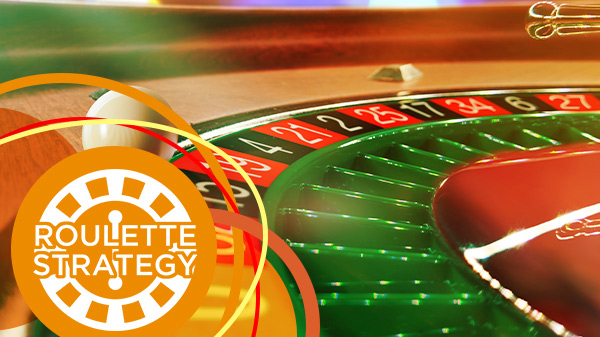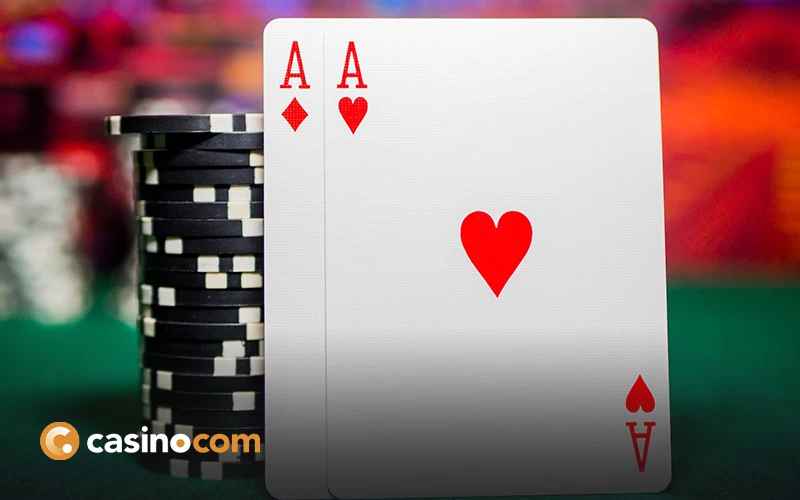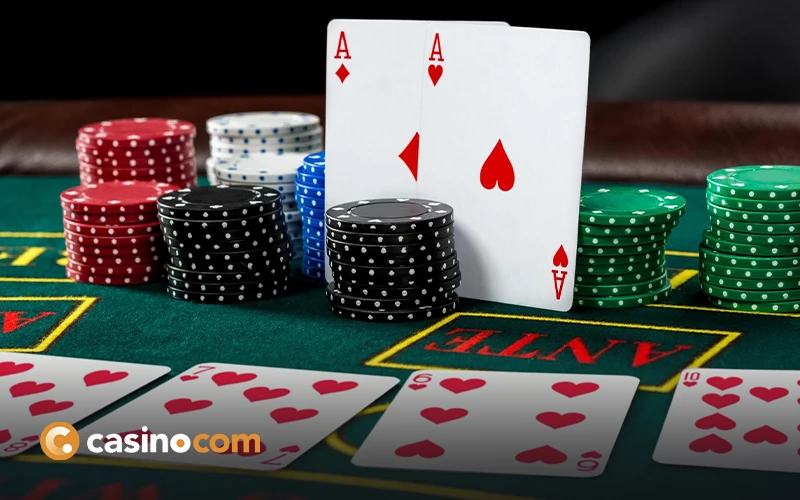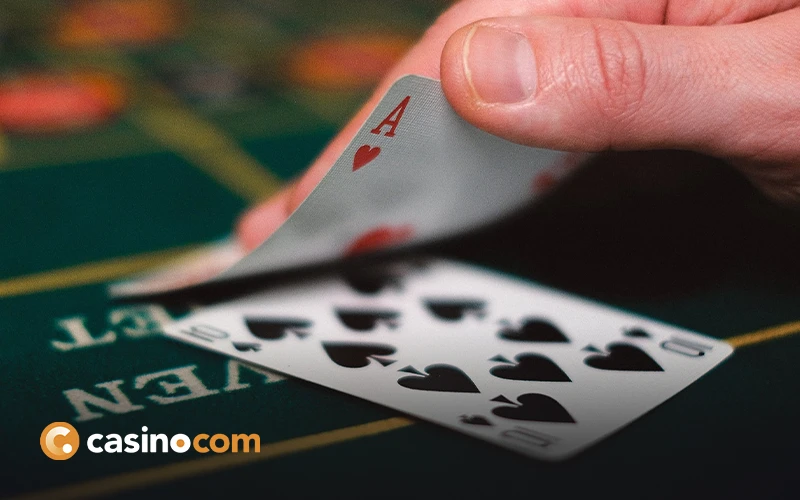The game of roulette has held a fascinating place in casino culture for more than 200 years. Unlike skills-based games such as poker, one of the major appeals of the roulette wheel is that it is truly a game of chance.
The rules are simple: place your bet, spin the wheel, and hope that fortune is smiling down on you. Although of course, that’s not the whole story. As an experienced roulette player and former dealer, I understand better than most the importance of an informed and cohesive strategy.
How you approach the roulette table can have a significant impact on your chances of winning. By this, I do not mean widely-touted roulette “strategies” such as Martingale, Romanosky or Kavouras, which posit that you can somehow beat the house simply by sticking to a rigid mathematical pattern of betting.
Rather, I’m talking about the ways that you can prepare for your next spin and ensure that you are approaching the roulette table in the most favourable circumstances possible. After all, these are the simple roulette strategies that real-life winners use. To find out how to make the most out of your next roulette experience, whether it’s online roulette, live roulette, or roulette in a land-based casino, make sure to consult my guide on the best roulette strategy for players of all stripes.
Roulette Tips for Beginners

When it comes to roulette strategy for beginners, knowledge truly is power. Being as informed as possible about the game of roulette and knowing exactly what is in your control and how you can reduce the house edge is crucial.
Before we dive in, let’s get our terminology nailed down. For those not in the know, the ‘house edge’, refers to the mathematical advantage that a casino has over the player in every casino game. This advantage is usually one that is hardwired into the game itself, rather than being the result of any actions by the casino.
In roulette, different variants of the game each have a different house edge. For example, the American roulette wheel has a house edge of 5.26%, owing to the two zeros instead of one on that wheel. This means that the house has a 5.26% edge over the player.
In order to succeed in roulette, you need to be able to do whatever you can to tilt the odds in your favour. This often means choosing the roulette variant with the lowest possible house edge. That’s why I always advise players to choose French or European roulette tables, both of which have a house edge of just 2.7%, since there is only one zero on the wheel, reducing the ability of the house to win. A lower house edge means that, on average, you will win back more money over time than you would with a higher house edge. It is also important to understand the types of bets you can make, as this will allow you to make informed decisions at the roulette table.
Roulette for Intermediate Players

Knowing the rules of your different roulette variants inside and out is the first step towards a winning strategy. When it comes to roulette strategy for intermediate players, what really matters is knowing how to actively reduce the house edge as much as possible to boost your aggregate chances of a successful spin.
As I mentioned earlier, opting for a variant with a low house edge, such as French or European roulette, is a good starting point. However, that’s not all you can do. You should also check that your roulette table offers certain rules and exceptions that can reduce the overall house edge even further.
A good example of this can be found in any French roulette game, which includes En Prison and La Partage rules. La Partage stipulates that, when a zero hits, half of your even money bet is returned to you, rather than the whole amount going to the house.
This, in principle, lowers the house edge further to just 1.35%. However, the En Prison rule actually raises the house edge, since a zero hit means that the remaining even money bet stays on the table for another spin. If the player wins the second spin, they get their original bet back, however they lose everything if the second spin flops.
The goal here is, therefore, to find a roulette table with a lower house edge like French roulette, which offers La Partage without En Prison.
It’s also important to have some kind of bankroll management system in place, just so that you know exactly how much you are willing to spend (and lose) per spin. We’ll get into this in more detail later.
Expert Roulette Tips

The real roulette strategies for professional players are not the betting systems that you read about online. Rather, each strategy is about creating an ideal environment for you to play your very best game of roulette.
As you have seen, a core part of this is shopping around to find the best roulette variant and rules so that the house edge is as low as possible. Another element concerns your bankroll, or how much you are willing to spend.
First off, it is essential that you know that how much you spend per spin has absolutely zero bearing on your odds of success. This is why strategies such as Martingale, which require adjusting your spending levels based on whether you are winning or losing, are so ineffective and expensive.
What’s important is that you know your budget and have a strict limit on what you are comfortable spending. This will ensure that you have as much fun as possible when playing, without letting your emotions dictate your play at the roulette table.
Your bankroll depends on you and how you’re comfortable playing. And of course, the types of bets you make should inform how you play the game. Again, the house edge does not change at all depending on whether you place inside bets or outside bets.
While a Straight Up bet on 15 black has longer odds of winning than an outside bet on red (but a much higher payout), the house edge remains the same. For more experienced players, the goal is to use types of bets that strike the right balance between odds and payouts, and a good example of those are racetrack bets. These are:
- Jeu Zero: covers seven numbers from 12 to 15 on the wheel.
- Voisins du Zero: covers 17 numbers from 22 to 5 on the wheel, with the bet being evenly divisible by 9.
- Le Tiers du Cylinder: covers 12 numbers between 27 and 33 on the wheel.
- Orphelins: covers 8 numbers in two sections, from 17 to 6 and 1 to 9.
The house edge for all of these bets is 2.7%, but they strike a good balance between covering multiple numbers and going for the bigger payouts offered by inside bets.
A Strategy is not a Golden Ticket

As a closing point, I just want to re-emphasise that the betting strategies you see online do not do anything at all to tilt the odds in your favour and should not be considered as legitimate ways to play roulette. For example, one of the most widely-touted strategies, the Martingale, might seem attractive at first.
After all, if you double up after every losing bet, surely you will recoup your losses with your next win, right? Wrong. If you were to play roulette the Martingale way, only betting £1 on your first spin, and you ended up losing eight spins in a row (entirely possible on all types of even-money bets), you would need to wager a whopping £256 on your ninth spin just to win back that first £1.
It’s easy to see why this strategy can be ruinous for so many. While these types of strategies can be a fun way to structure your bets, they should not be taken as gospel. Rather, the best things that you can do to improve your chances at roulette should all be done before you even make that first wager, as we have seen.

Did you know?
Did you know that the Martingale system originated from a series of betting strategies popular in 18th-century France? The system of doubling your bet each time you lose is based on a coin flip. The idea is that, if you had infinite time and money, you could make a profit when the flip eventually goes your way.

Previous: Betting Systems
Next: Roulette Tips





